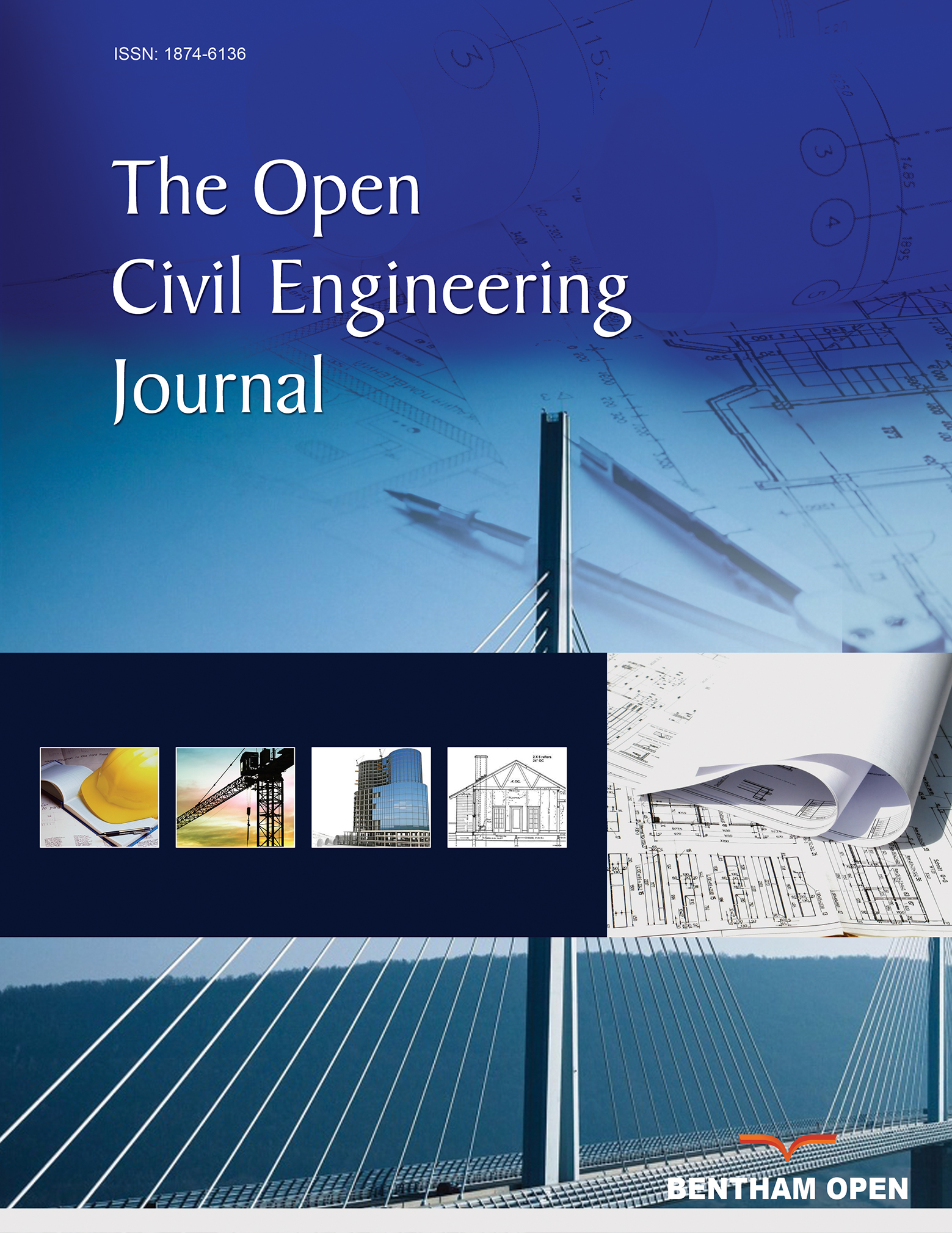All published articles of this journal are available on ScienceDirect.
Analysis and Modelling of the Relationship between Stopped and Control Delays by Differential Evolution Algorithm
Abstract
Two delay definitions namely stopped delay and control delay are commonly used to determine the level of service of a signalized intersection. In this research, we first developed a number of new models to describe the relationship between stopped and control delays using Differential Evolution (DE) algorithm. In these models, we considered four cycle lengths of 60, 90, 120 and 150 seconds with the green ratio ranging from 0.35 to 0.60. Taking the saturation flow as 1800 vph, five different traffic volumes were considered ranging from 600 to 1400 vph with 200 vph increments. Three analysis periods were selected as 15, 30 and 60 minutes. The data needed for model development and verification were obtained from a four leg intersection by using CORSIM simulation. In the second part of the study, the effect and sensitivity of cycle length, traffic volumes and green ratio parameters on the conversion ratio (Ds/Dc) to relate stopped and control delays were evaluated based on the selected parameter ranges.
The results revealed that the conversion ratio cannot be accepted constant usually taken as 0.76 for practical purposes since it is dependent on changing operation and traffic conditions. Therefore, it needs to be determined with the use of an appropriate model considering variable traffic conditions as functions of volume, cycle length and green ratio.


